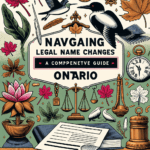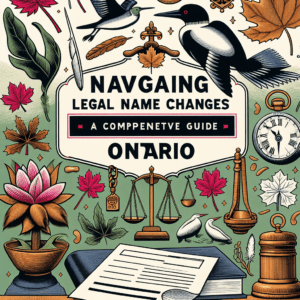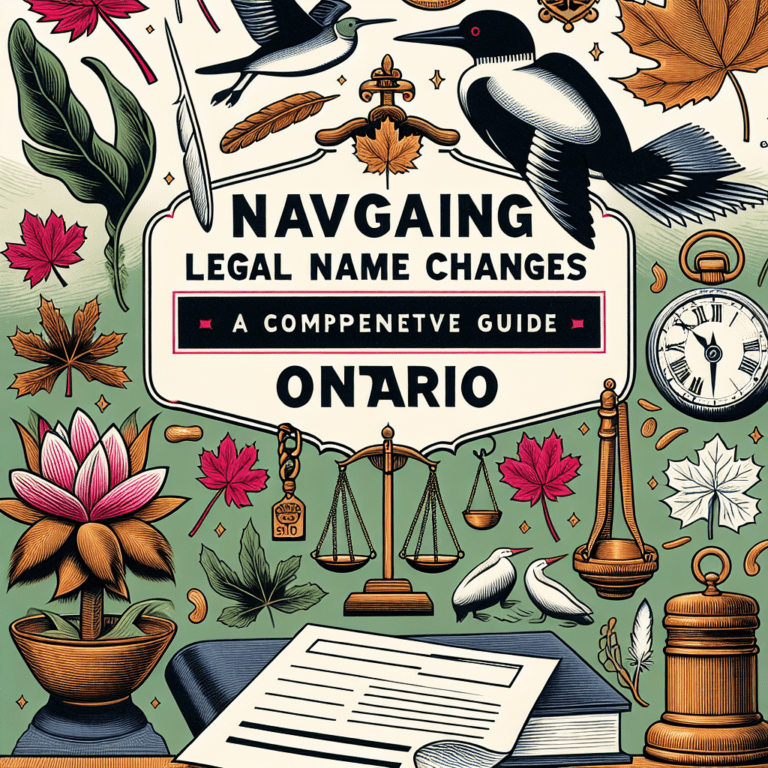===INTRO:===
Understanding the legal working age in Ontario is crucial for both young aspiring workers and employers navigating the complexities of labor laws. Many families face anxiety over job opportunities for their children, while businesses grapple with regulations that affect staffing. This article aims to illuminate the intricacies of employment laws in Ontario for youth, addressing common concerns and providing essential insights to empower both young workers and employers alike.
The Legal Working Age in Ontario: An Overview of Regulations
In Ontario, the legal working age is primarily determined by the Employment Standards Act (ESA). According to the ESA, youth aged 14 and older can be employed in most types of jobs, but there are restrictions to ensure the safety and well-being of young workers. For instance, children under 14 are prohibited from working in most industries, with a few exceptions such as delivering newspapers or working in a family business. This regulation is designed to protect minors from exploitative labor practices and to ensure that their schooling remains a priority.
Moreover, specific regulations apply to the types of work that minors can perform. For example, those aged 14 to 15 can work in various settings, but jobs involving hazardous conditions, such as construction or heavy machinery, are off-limits. Additionally, strict regulations govern the hours minors are allowed to work, especially during school weeks. From the outset, these laws aim to strike a balance between providing youth with work experience and safeguarding their development and education.
Understanding the provincial guidelines can save both employees and employers from legal entanglements. Employers must keep in mind the need for parental consent when hiring workers under 16 and ensure that their work environment complies with safety standards. By adhering to these regulations, businesses not only foster a safer workplace but also contribute to the positive growth of young employees, creating a nurturing environment that can lead to future success.
Navigating the Rules: Employment Rights for Young Workers
Young workers in Ontario are entitled to numerous rights designed to protect them in the workplace. These rights include minimum wage, fair treatment, and a safe working environment. For instance, as of 2023, the minimum wage in Ontario is set at $15.50 per hour, and this rate applies universally to all employees regardless of age. This ensures that young workers receive equitable compensation for their labor, empowering them to gain financial independence while they navigate their educational responsibilities.
In addition to fair pay, young workers have the right to receive proper training and orientation upon starting a job. This requirement is crucial for ensuring that they understand their roles and responsibilities, as well as the health and safety protocols in place. Employers are legally obligated to provide a safe working environment, which includes adequate supervision and resources that young workers may need to perform their tasks effectively. Ignoring these obligations not only jeopardizes the well-being of young employees but can also lead to costly legal repercussions for the employer.
Furthermore, young workers should be aware of their rights to report any violations without fear of retaliation. The Ontario Ministry of Labour has mechanisms in place for workers to report unsafe working conditions or any form of discrimination or harassment. Empowering young individuals to voice their concerns fosters a culture of safety and respect, ultimately contributing to a more productive and positive work environment. Employers who prioritize these principles can enhance their reputation and cultivate a loyal workforce, paving the way for success.
===OUTRO:===
The legal working age in Ontario is more than just a number; it encompasses a range of rights and responsibilities that significantly impact the lives of young workers and the businesses that hire them. As we’ve uncovered, understanding these regulations is essential for ensuring fair treatment and a safe working environment. For both young job seekers and employers, staying informed about employment rights and obligations can lead to successful and fulfilling work experiences. If you’re a young person looking to enter the workforce or an employer seeking to navigate these laws, consider taking the next step—research your rights, seek legal counsel if necessary, and create a work environment that promotes the growth and development of young talent.
Understanding Legal Self-Defense Weapons in CanadaUnderstanding Legal Paper Size: Dimensions and Uses ExplainedNavigating Legal Name Changes in Ontario: A Comprehensive GuideRelevant LinkRelevant LinkRelevant Link



















